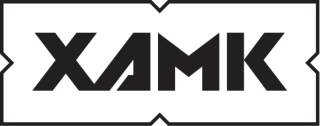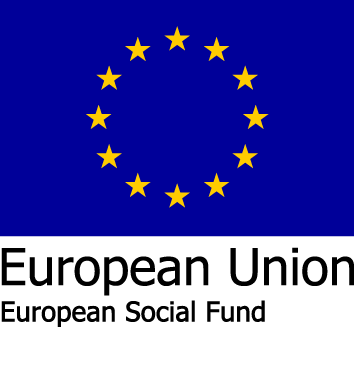
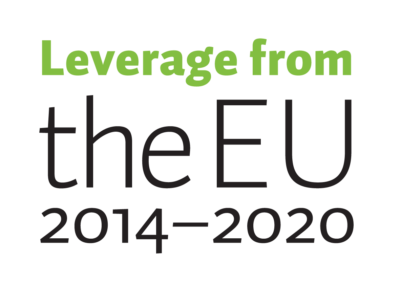

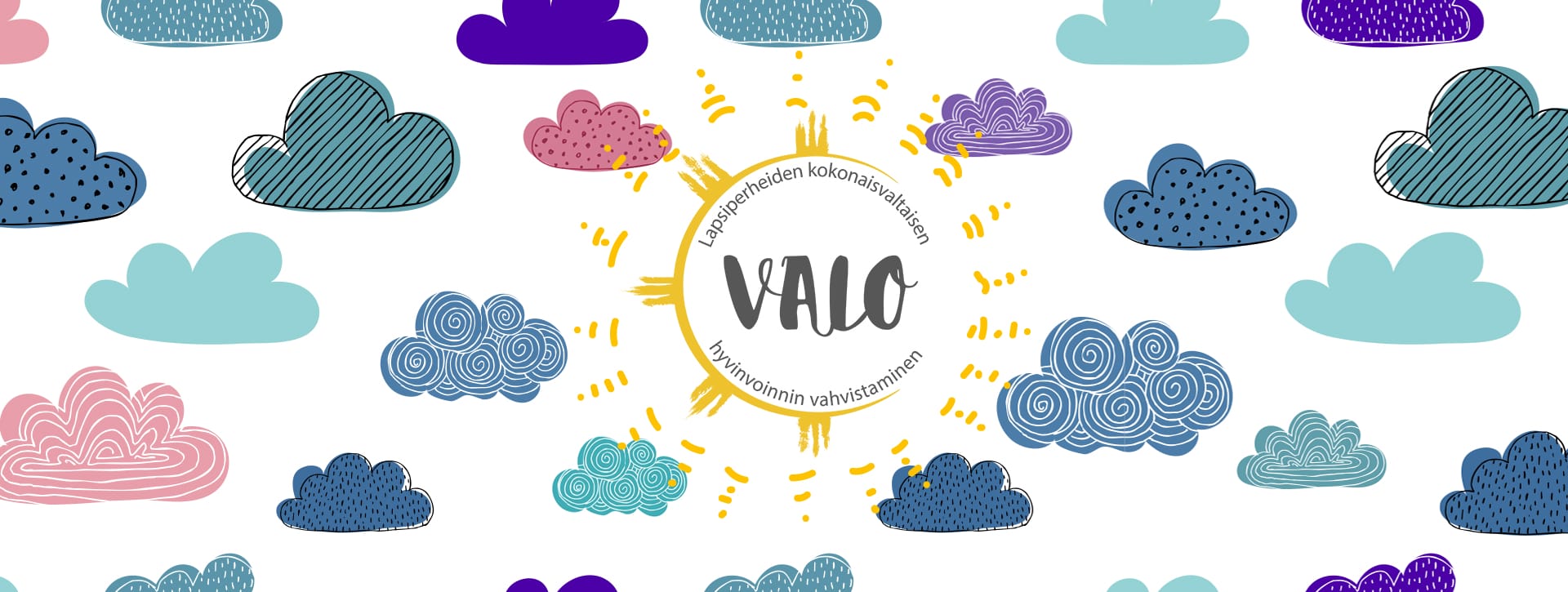
VALO-SVETLINA
Strengthening holistic wellbeing for families
The project aimed to find ways to strengthen the empowerment and social inclusion of the vulnerable families with children.
The project is finished.
The project aims to find ways to strengthen the empowerment and social inclusion of the vulnerable families with children. Exclusion and the risk of it means the accumulation of the problems in life’s different areas, experiencing obscurity and unequal opportunities for participation and choice. Exclusion can be a result of unemployment, poverty and social exclusion, and it can be cross-generational.
There seems to be three risks for gaps in a service path of family’s holistic wellbeing;1) the family is not aware of the services available; 2) the professional working with a vulnerable family does not recognise the threats to family’s wellbeing or isn’t able to guide the family to the right services; 3) the family doesn’t find the services available useful or suitable for their situation.
The opportunities for inclusion of low-income families are limited, and inequality is reflected, for example, as a lack of hobbies for children and the whole family. To achieve social inclusion the disadvantaged families need support from right services at the right time, finding the family’s resources and strengths by compassionate growth, and gaining social relationships through hobbies and comparisons.
The objectives of the project are divided into four themes:
1. Early recognition of the families in danger of deprivation and social exclusion
2. The vulnerable families in danger of social exclusion will find the right services at the right time
3. Empowering families, finding their strengths and improving social inclusion
4. Transnational cooperation to strengthen the inclusion of vulnerable families
The right services at the right time can start “the circle of good” where solving one problem will lead to enhanced wellbeing. Due the strengthened holistic wellbeing, the person’s ability to work and function is improved and the family’s own resources are available. For vulnerable families this may mean improving the facilities or prospects for employment for one or both parents. The service paths and profiles, as well as the development of cooperation
between professionals, will ensure precise delivery of services and more efficient service processes for the families.
As a result of this project, the cooperation network of professionals working with families with children in South East Finland is intensified and awareness of the service network and its roles has increased. In early childhood education there are common tools for documentation and the data is coherent and supporting the monitoring of families’ wellbeing
(at the individual and the governmental level) and designing services.
Professionals have new tools to recognise the vulnerability of families with children and to guide them in the right direction in the service network. The Kids Draw concept has been developed to meet the needs of different focus groups and can be integrated into the
activities and services for families. The model has been developed and tested locally and in cooperation with the transnational project partner and the experiences have been evaluated and compared. The transnational communication should continue after the project.
The vulnerable families with children have received right services at the right time and found new opportunities for hobbies. The resources to start the circle of good are found through the evaluation of holistic wellbeing. The need for child welfare and specialized services is reduced. The transnational cooperation has resulted piloted and evaluated good practices to improve families’ inclusion and services. The solutions to common problems are found. The brochure on transnational cooperation’s measures is published. The added value of the transnational cooperation has been identified and a network for later cooperation has been created.
VALO-SVETLINA Strengthening holistic wellbeing for families
Info
Budget
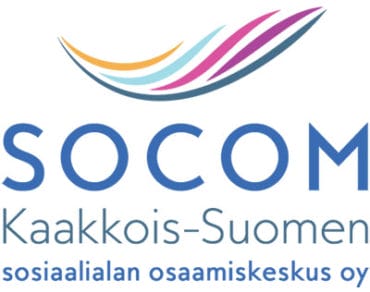
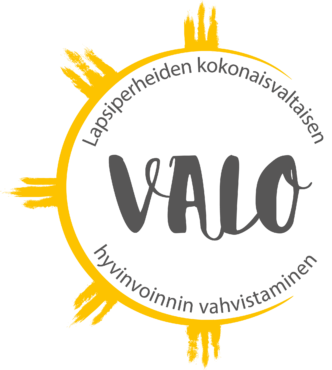
Contact info
Tanja Mäkelä
Project Manager
+358 (0)40 183 2178
firstname.lastname@xamk.fi
